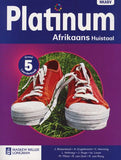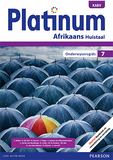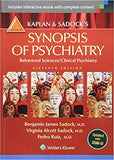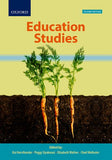
South African Communist Party: Exile and After Apartheid
The history of the South African Communist Party (SACP), formed in 1921 as the Communist Party of South Africa (CPSA) and subsequently banned in 195, has generated a very rich and fascinating literature. From its beginnings as a largely white organisation that had to adapt its Marxism-Leninism to settler colonialism and oppression of the African majority, to the days of its participation in the formation of Umkhonto weSizwe and beyond, the SACP’s influence on the country has been as immense as the country’s influence on it. Follow the story of SACP leaders who were forced to flee the country and go into exile in the aftermath of the Rivonia Trial coupled with the 9 day detention act. Maloka tells of their relationship with ANC leaders and their struggles to keep the movement alive until their eventual homecoming in the early 199s. This volume is a revised version of The South African Communist Party in Exile, which was published by the Africa Institute of South Africa (AISA). What is covered here is the story of the SACP during the exile years until its unbanning in 199, the 199–94 negotiated transition, and the immediate period after the 1994 first democratic elections, which brought into being post-apartheid South Africa.
We Also Recommend





